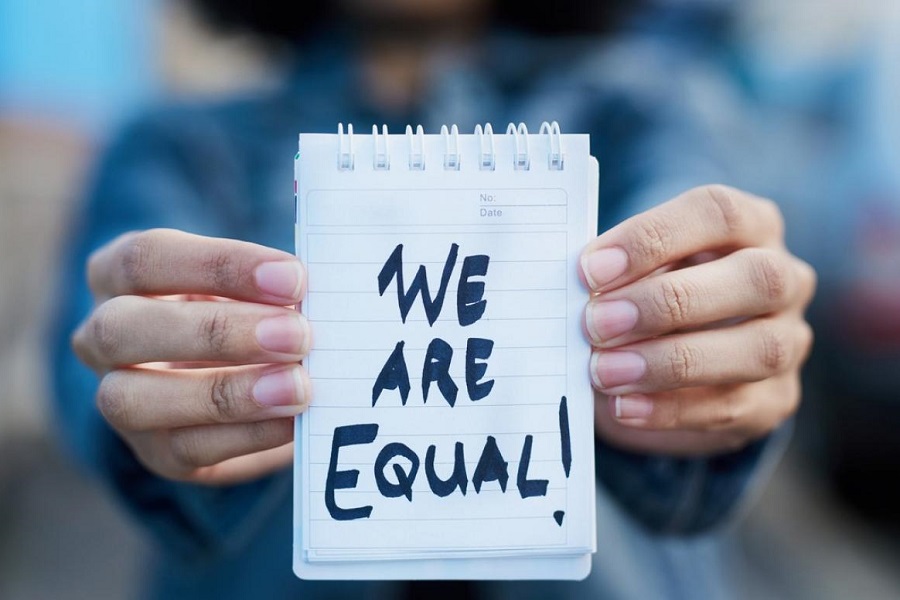The recent establishment of the Ministry of Social Cohesion and Family, in which policies for gender equality are almost invisible, as the gender perspective has now been deleted from the title of the newly established “General Secretariat for Equality and Human Rights” (Decree 77, 27/06/2023), creates strong concern and worry among women’s and feminist organisations, but also in the wider democratic society.
Serious questions are raised not only because the political goal of gender equality is no longer visible, but also because equality policies are included under the umbrella of family and social cohesion policies, along with demographic policies, as if women/femininities and gender rights are unambiguously identified with the family and stereotypical gender roles.
Based on these new data, we wonder how to ensure the implementation of the National Action Plan for Gender Equality 2021-2025 and the 4 priority axes concerning the prevention and combating of gender and domestic violence, the equal participation of women in the labour market and in decision-making positions and the integration of the gender dimension in sectoral policies, as well as the provision for the establishment of a “National Mechanism for LGBTI+ Rights” announced in the framework of the “National Strategy for LGBTI+ Equality” .
Ensuring the autonomous role of gender equality policies through the establishment of specialised central and regional governmental bodies is favoured by international and European organisations. In fact, according to the European Institute for Gender Equality (EIGE), this government body should be established at the highest level of government, while gender equality policies should be an institutional responsibility, for example of a ministry for these issues.
The existence of such a governmental body is an important indicator of high governmental responsibility and commitment to the political goal of gender equality, gender mainstreaming in all policies, and the implementation of horizontal but targeted policies across the whole public administration to eliminate gender discrimination and ensure substantive equality.
It is worth recalling that according to the recommendations of the UN Working Group, which visited Greece in 2019 to document discrimination against women, the country needs to increase resources and ensure the necessary human resources to strengthen existing institutions for gender equality, including the General Secretariat for Gender Equality and the Research Centre for Gender Equality.
Secondly, the need to create an institutional framework and strengthen the competences of public bodies to monitor and evaluate the impact of laws/policies on gender equality and the elimination of gender-based violence, ensuring that relevant data feeds into decision-making processes and improves relevant legislation/policies.
Indeed, in this context, the UN Working Group stressed that the General Secretariat for Gender Equality should play a pivotal role and the state should ensure that its role and responsibilities are substantially strengthened to make it the central governmental body for gender equality.
The apparent – at a political and symbolic level – devaluation of the central institutional body for gender equality is moving in the opposite direction, despite the fact that Greece, based on the Gender Equality Index for the European Union (2022), is in last place with a performance of 53.4, i.e. 15.2 points below the European average.





